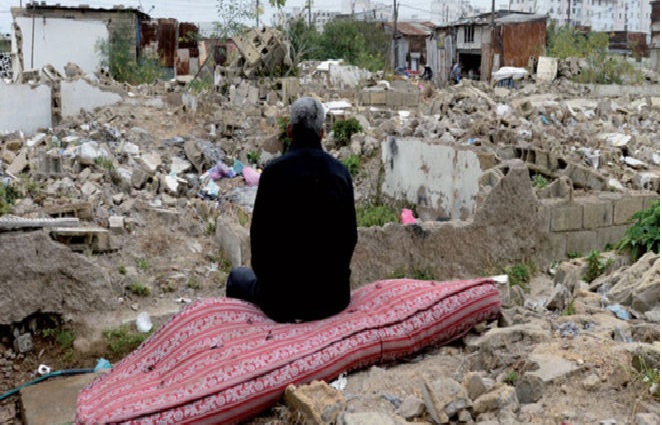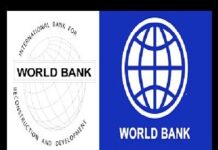At a time when the international community celebrates the International Day Against Poverty, which falls on October 17 of each year, Tunisia is witnessing an unprecedented rise in the level of poverty. More than 600,000 Tunisians fell below the poverty line. This is as a result of the Covid pandemic that has struck the country since March 2020, leaving more than 25,000 victims.
The World Bank estimates for the month of June 2021 show that the pandemic has caused the poverty rate to rise to 21 percent of the total population of Tunisia, compared to 15.5 percent before the pandemic.
The country’s strategy in combating the various aspects of poverty remains unclear, ambiguous and fragmented.
This strategy also relies in particular on circumstantial financial assistance and does not target the real causes of poverty.
Despite the development of many programs, the latest of which was the allocation of one thousand million dinars, funded by the World Bank, for the benefit of more than 700,000 families, more than two million and 500 thousand Tunisians still live below the poverty line.
The Secretary-General of the United Nations, António Guterres, sent a message to the international community calling for solidarity with people living in poverty, in all phases of the COVID-19 pandemic and beyond, saying that “the Covid pandemic represented a double crisis for the poorest people in the world due to their high risk of infection with the virus and their poor ability to access quality health care on the one hand, in addition to the fact that the pandemic may throw up to 115 million people into poverty this year, the first increase in decades.”
He added that women are at greater risk because they are more likely to lose their jobs and less likely to obtain social protection.
The Secretary-General of the United Nations called on governments to accelerate economic transformation by investing in a green and sustainable recovery, adding: “We need a new generation of social protection programs that also include workers in the non-official economy.”
The international community celebrates the International Day against Poverty this year under the slogan “Working together to achieve social and environmental justice for all”.
This slogan reflects the UN’s recognition of the “multiple dimensions of poverty”, which means that social justice cannot be fully achieved without also working to address environmental problems, including those caused by climate change.
In December 1992, the International Day for the Eradication of Poverty was established by a resolution of the General Assembly of the United Nations.











